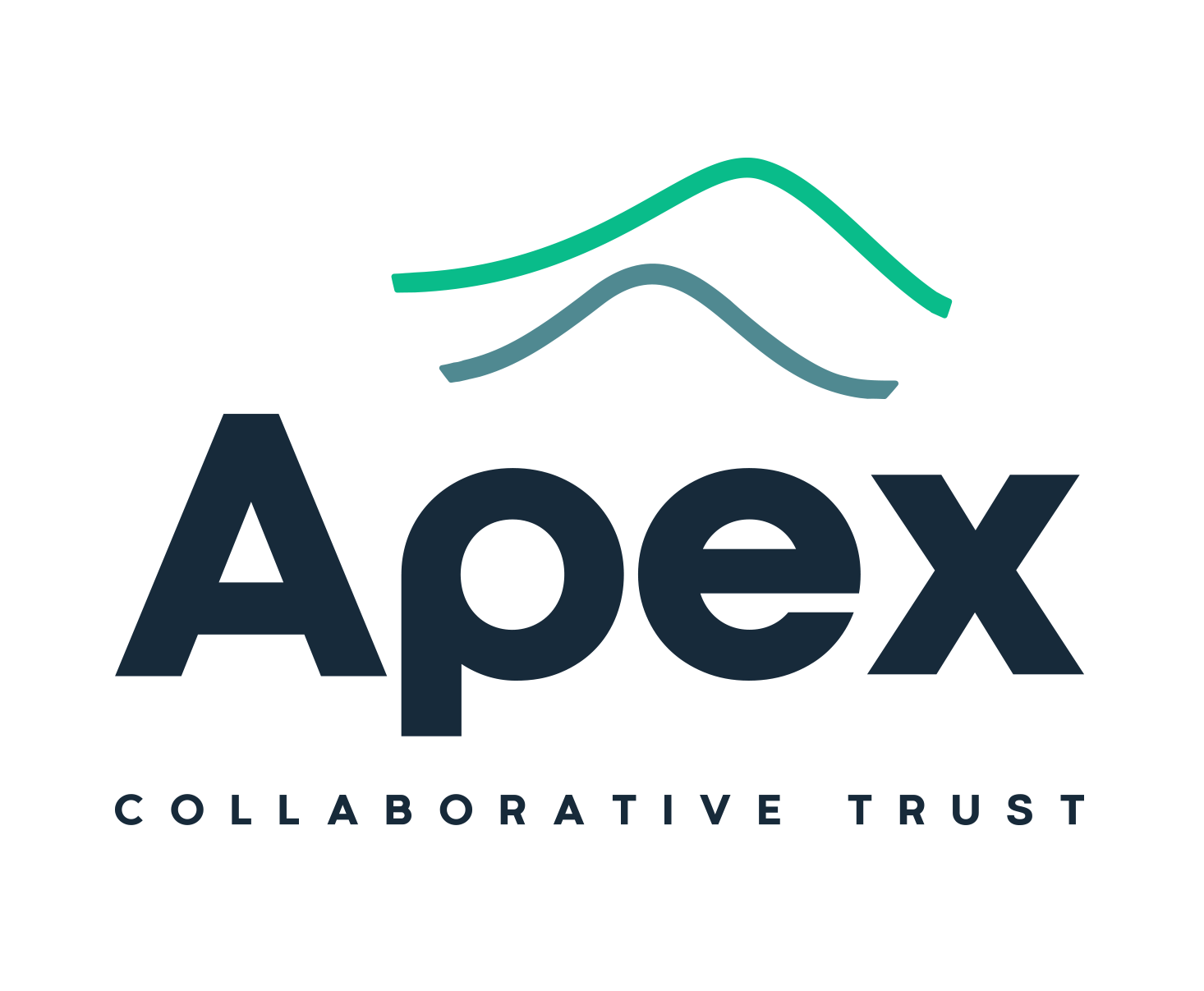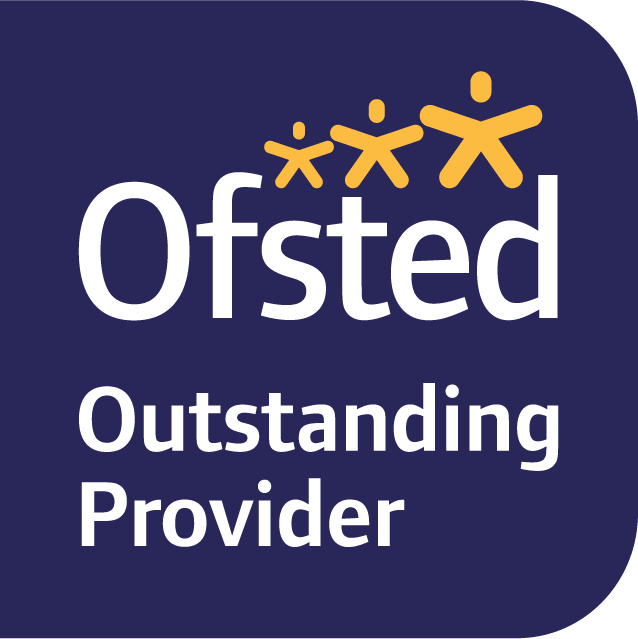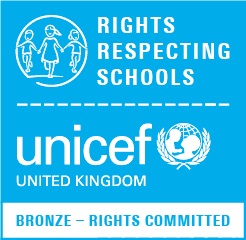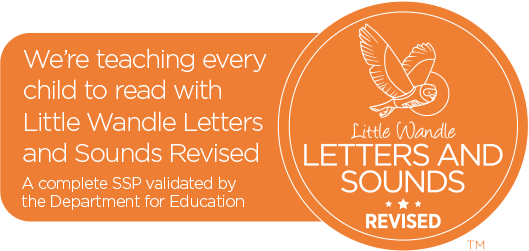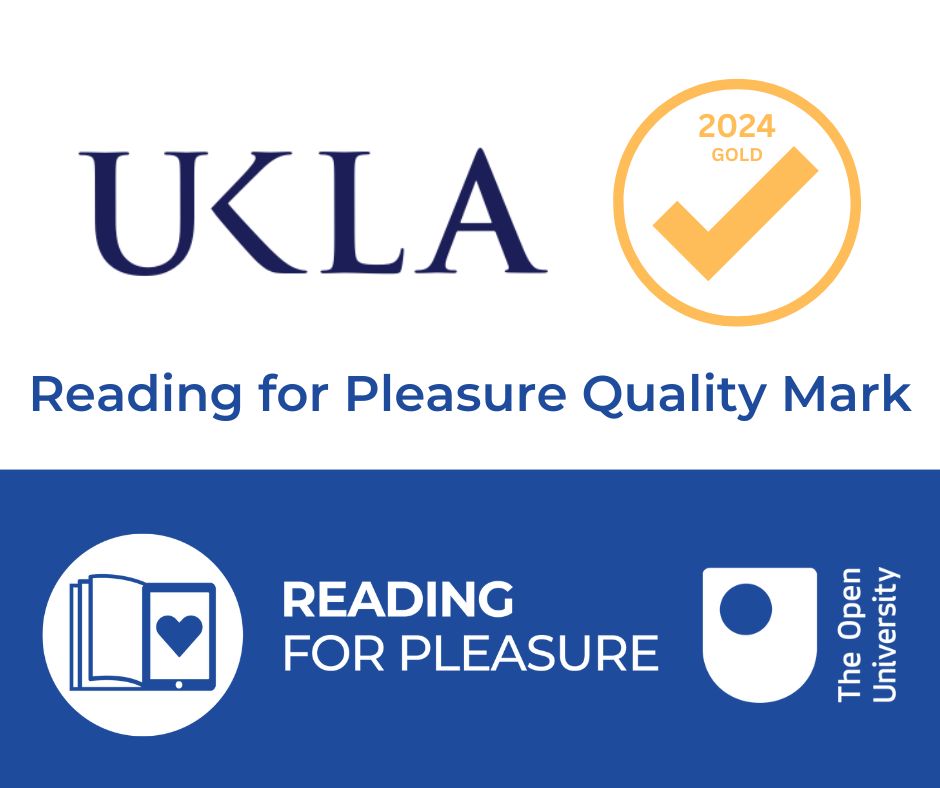Early Years Foundation Stage
Our EYFS curriculum aims to enable our children to be: Competent and creative learners; who are curious about the world around them, secure and confident; who enjoy coming to school and learning new skills and knowledge building on their existing learning. Every child deserves the best possible start in life and the support that enables them to fulfil their true potential.Continuous provision is at the heart of our practise. Children have access to open-ended, flexible, large scale and skills driven provision. We aim for children to bring their own magic into the environment to inspire and move learning forward.
The purpose of this document is to clarify the how, why, and what of EYFS provision at Laneshaw Bridge Primary and is to be used by staff to clarify expectations and to ensure that a high-quality, ambitious EYFS curriculum is being taught to all.
Our children leave the foundation stage with the skills, attitudes and attributes that they need to continue their learning journey into Key Stage One. We have a play based provision which allows children to revisit, rehearse, consolidate and learn alongside the valuable role of the quality adult.The adults work alongside the children providing new knowledge and facts, giving them experiences and developing their skills.The learning space is as high an input as the adult. The environment is the third teacher and has the potential to have maximum impact on the unique child. A strong focus on oracy, use of high quality texts linked to the children’s interests and experiences, a wide range of opportunities to learn about the world around them at local, national and global level, alongside the careful and structured teaching of phonics, reading, writing and maths gives the children solid foundations for the next stage of their education.We also teach the children the importance of looking after their bodies through healthy eating, good dental care, and by being physically active.
Our Early Years staff are dedicated to providing an environment that supports every child’s personal, social and emotional development, so that they feel cared for, safe and secure and therefore ready to learn. The children will be at different stages on their journey and this is okay.Staff relationships and interactions with the children are of a high quality and are responsive to individual needs and interests. Through adult modelling and guidance the children are supported to develop a positive sense of self, develop their resilience and become independent learners always coming back to the unique child. We have a balance of adult interaction and play. Play is a vehicle for learning and a way for children to express themselves.
We know that parents and carers are a child’s first educators and because of this we are dedicated to building firm, supportive and reciprocal relationships with them so that we can work together to ensure that all of our children reach their full potential.
Martina Abbott is the key worker in Reception.
Assessment
NFER baseline assessments are completed by the end of week 3 in the Autumn term. This data is updated termly to ensure all children are making at least good progress. Assessments are moderated internally and with other schools in the Trust to ensure our children are achieving the ELGs (particularly in Literacy and maths) and that children have positive attitudes to learning and the necessary foundations for the rest of their schooling.
- Over the course of the year our observations of a child in the environment inform:
- What interests them and which activities they favour over others
- How they respond to an activity of their own choosing, or one that has been adult-led
- How they interact and build relationships with other children and with adults
- Their approach to investigating new learning
- How their views of the world are expanding·How their physical skills are developing
- How their knowledge is building
At regular EYFS meetings within the Trust, staff discuss their observations of children’s skills, behaviours and actions. Staff are trained to develop focused observation skills and to reflect upon each child’s unique learning journey.
Subject Leaders
Subject leaders will conduct deep dives, which include lesson drop ins, pupil interviews and book looks to measure the impact of our teaching, based on how much children can remember.
Subject leaders will meet with their counterparts from our other trust schools and will moderate the work and monitoring outcomes from their setting to ensure that standards are exceeding the expectations.
Julian Grenier
Lovemybooks is for parents, carers, teachers, schools, and early years staff, created by literacy experts. Free and ad free with over 250 activity pages full of creative book-based ideas. Click here to visit the website.
